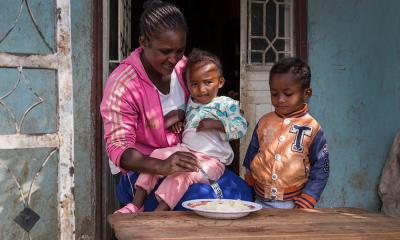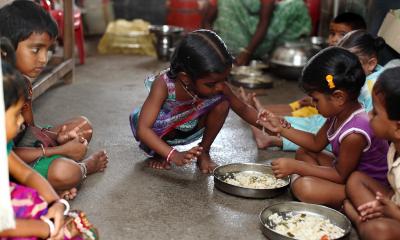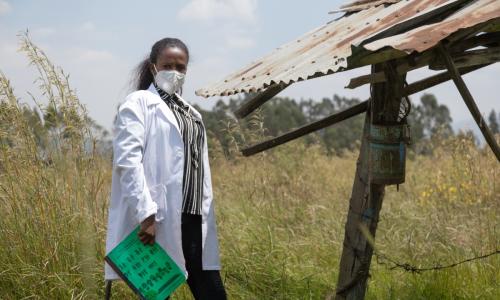
Over the last 20 years, Vietnam has recorded strong progress in poverty reduction, universal lower secondary education and gender equality in education and is on track to achieve 5 of the Sustainable Development Goals. The government’s socio-economic development plan aims to achieve high and sustainable economic growth, improved living standards of ethnic minority populations, strengthened environmental protection, and mitigation and prevention of the adverse impacts of climate change.
The country aims to become a modern, industrialized economy by 2030, which requires major investments in the country’s young and vibrant labour force. Reforms are on the way to improve the quality of education at all levels. Undernutrition is still common in selected parts of the country, concentrated in disadvantaged communities and ethnic minority areas.
Young Lives research in Vietnam aims to support policies that tackle the transmission of inequality from the current generation to the next. We look well beyond the first-thousand-day window to identify the impact of poverty on the development of health, socio-emotional and cognitive outcomes for adolescents and young people. When considering the academic qualifications of the young men and women, and their positions in the labour market, we consider the trajectory of nutritional status, and both non-cognitive and cognitive abilities.
Over the last 20 years, Vietnam has recorded strong progress in poverty reduction, universal lower secondary education and gender equality in education and is on track to achieve 5 of the Sustainable Development Goals. The government’s socio-economic development plan aims to achieve high and sustainable economic growth, improved living standards of ethnic minority populations, strengthened environmental protection, and mitigation and prevention of the adverse impacts of climate change.
The country aims to become a modern, industrialized economy by 2030, which requires major investments in the country’s young and vibrant labour force. Reforms are on the way to improve the quality of education at all levels. Undernutrition is still common in selected parts of the country, concentrated in disadvantaged communities and ethnic minority areas.
Young Lives research in Vietnam aims to support policies that tackle the transmission of inequality from the current generation to the next. We look well beyond the first-thousand-day window to identify the impact of poverty on the development of health, socio-emotional and cognitive outcomes for adolescents and young people. When considering the academic qualifications of the young men and women, and their positions in the labour market, we consider the trajectory of nutritional status, and both non-cognitive and cognitive abilities.











